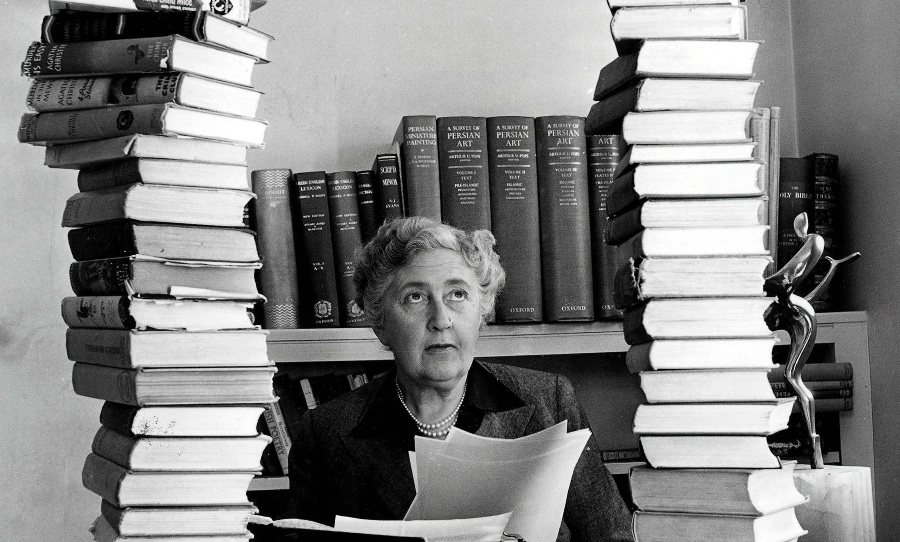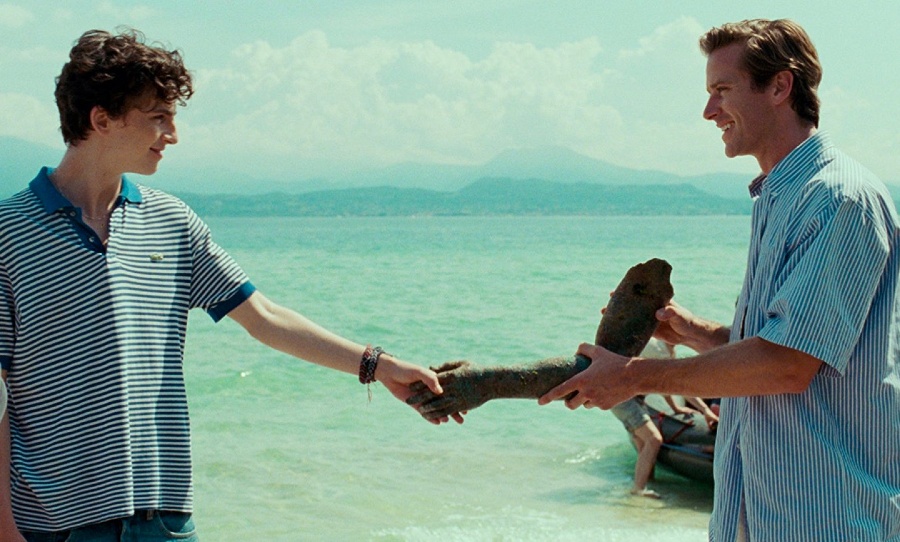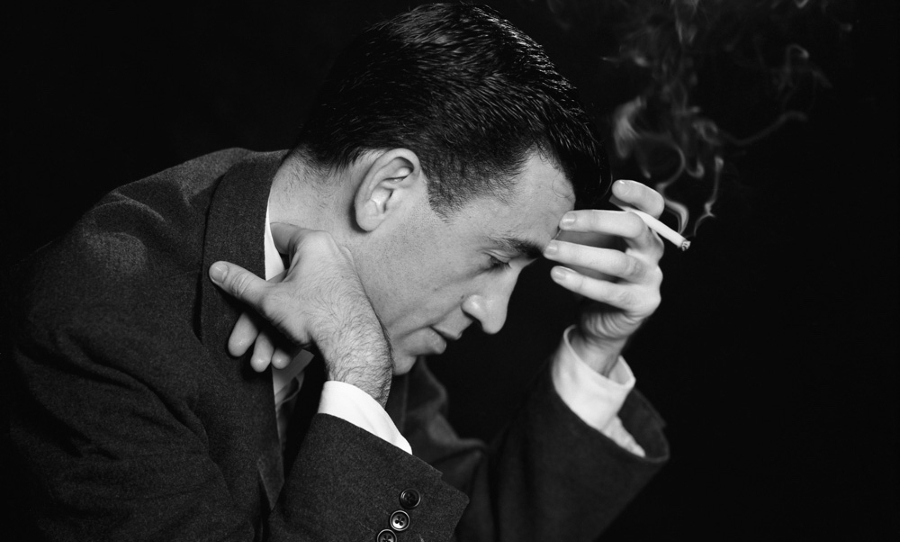Sardonic, sharp, and witty, Ennis Ćehić’s Sadvertising is an electrifying examination of what it means to be alive in the modern age.
Ennis Ćehić’s creativity is quiet in its brilliance. In Sadvertising, he paints the mundane spaces in which we so often exist — the train commute, the corporate office, the electronic screen — as contemporary fables, all of which virtuosically highlight the senselessless of the modern condition.
Sadvertising has already garnered rounds of well-deserved praise, with rave reviews coming from writers such as Christos Tsiolkas and Mohsin Hamid. Fresh from a sojourn in Sarajevo, Ennis Ćehić spoke to us from Melbourne to discuss his debut novel, creative inspirations, and the art of writing.
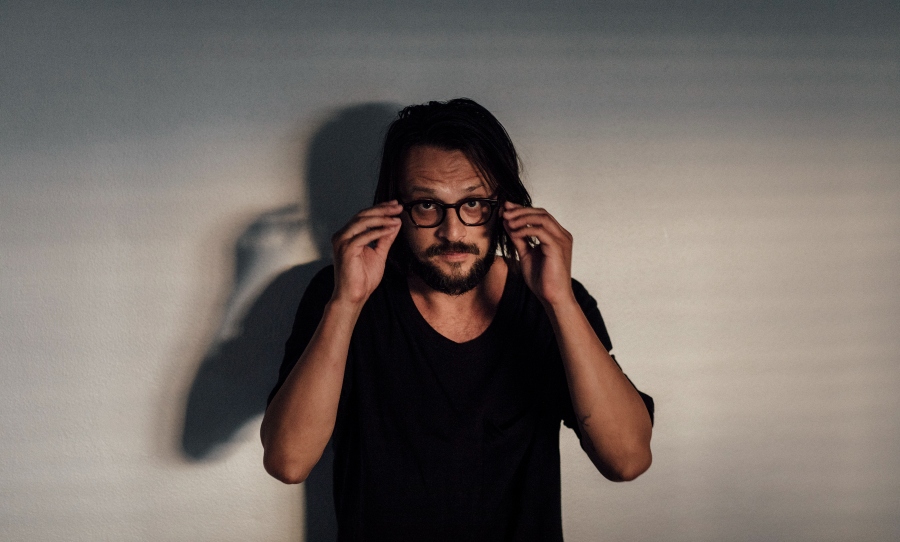
HAPPY: Hi Ennis, how are you? How was Sarajevo?
ENNIS: I’m good! I recently relocated to Sarajevo with my partner, so now we’re trying to live in Europe for the foreseeable future. So, I’ll be based between Melbourne and Sarajevo.
HAPPY: That’s very exciting. I’ve read that you were born in Bosnia and Herzegovina, is that correct?
ENNIS: Yes!
HAPPY: So, when did you move to Australia?
ENNIS: Yeah, so I was in Bosnia for the first seven and a half years of my life. Then, when the Bosnian War started, we became refugees and were exiled from the place that we grew up in. We spent the next five years as refugees through Croatia and Germany, after which we migrated to Australia in 1997.
HAPPY: Oh, wow. Having now relocated to Sarajevo, does it feel like you’ve returned home, in a sense?
ENNIS: In a way. It’s a strange idea of home. I never really lived as an adult in Bosnia, but it was when I was there in 2019 that gave me the instinct to try and follow the energy that I felt there; to spend some time, as an adult, in the country that birthed me. It’s almost the opposite of displacement, going back to the place that I was displaced from, as someone who feels very assimilated and culturally Australian.
HAPPY: That’s really interesting. My parents migrated to Australia in the ’90s as well, and it’s always fascinating to think about the “home” that they hold so close to their hearts because, within my lifetime, it has now ceased to exist.
ENNIS: Yeah, exactly. Home, it’s all just in our memory.
HAPPY: But Sarajevo seems so fascinating. I would love to go there one day, it’s such a beautiful and interesting place, full of so much history.
ENNIS: It truly is. It’s a really great place to be a writer and an artist.
HAPPY: In what way?
ENNIS: In many ways. The structure of the city is in a valley, so it really sucks you in. It has really quick access to nature; you can catch a zipline to the mountains. And if you live in central Sarajevo, where most people tend to congregate regardless, you’re up in a mountain in six minutes. Where I live, if I wanted to leave home and go on a walk, I could be on a mountain in fifteen minutes.
Sarajevo has a particular quietness to it, as well. My girlfriend tends to say that it feels “semi-retired.” [laughs] Which is really good, if you want to walk, think and be alone with your thoughts! It’s also a city with a combination of all the monotheistic religions, so you’ll hear a church bell, but you’ll also hear the call to prayer (editor’s note: the Adhan). It’s really wonderful to be surrounded by that much theological weight.
It’s strange, because I grew up a Muslim but I’ve always been irreligious. And now, despite living in a place surrounded by so much grace, wonder, beauty, and questioning, I find myself even more irreligious! [laughs]
HAPPY: That’s so interesting! As you’ve said, you’ve grown up in several different places, and it’s no surprise that your writing seems quite intimate with the experience of displacement, isolation, and alienation in a social space. As part of the diaspora, in what way has this fragmented cultural identity informed Sadvertising and the ideas that you’re interested in, if at all?
ENNIS: I think it has. There are several reasons why this is my first book. As someone from a migrant background, I’ve always tried to avoid being pigeon-holed as a writer. When writing Sadvertising, I was really mindful of navigating my background, you know, as the core of who I am. Considering my interests are so deeply ingrained in trying to understand humanity through acts of consumerism, and the act and creation of advertising — a world that I’ve spent a long time in — I really just started writing about that.
When Sadvertising started to take form, I realised that this was the book I really wanted to write. Something you wouldn’t expect from a so-called migrant writer. All the ideas that I think about, like the predicament of the migrant experience, are heavily part of what I investigate as a thinker. And those ideas are interwoven into the book.
I needed to have something in Sadvertising that allowed me to explore myself at a deeper level, through how I perceive the world, as well as how I perceive myself: as somebody who is culturally assimilated, somebody who is frustrated with the way that capitalism and consumerism have taken over our lives, but also as somebody that is interested in how the migrant is portrayed in society and literature.
HAPPY: Speaking to the vignette-style structure of the book — having written a set of short stories that vary in length, setting, and theme — what drew you to writing Sadvertising in that way?
ENNIS: I tried to avoid the structure of the short story, the “formula of Hemingway,” one may say. I wanted to write stories without any formulaic structure. When writing Sadvertising, I was really inspired by Osama Alomar, a Syrian writer. He wrote these beautiful short stories, ones where time was a character, things like that. I’ve always had similar ideas, but he constructed it in this really wonderful way. That drew my interest to it.
And then after discovering writers like Lydia Davis, I realised that there was a way to write stories without being pigeonholed into a formula. And really, I wanted Sadvertising to be a collection of stories for every type of modern patient. I wanted to tell stories that were brief instances, like somebody coming home and having a ritual on Twitter. That story doesn’t have to be 18 pages. I also think the way that we relate to stories is different now, considering the ways that we consume media. So, I really just wanted to play around and challenge myself, ask whether a story had to be 3000 words, or whether it could be 300.
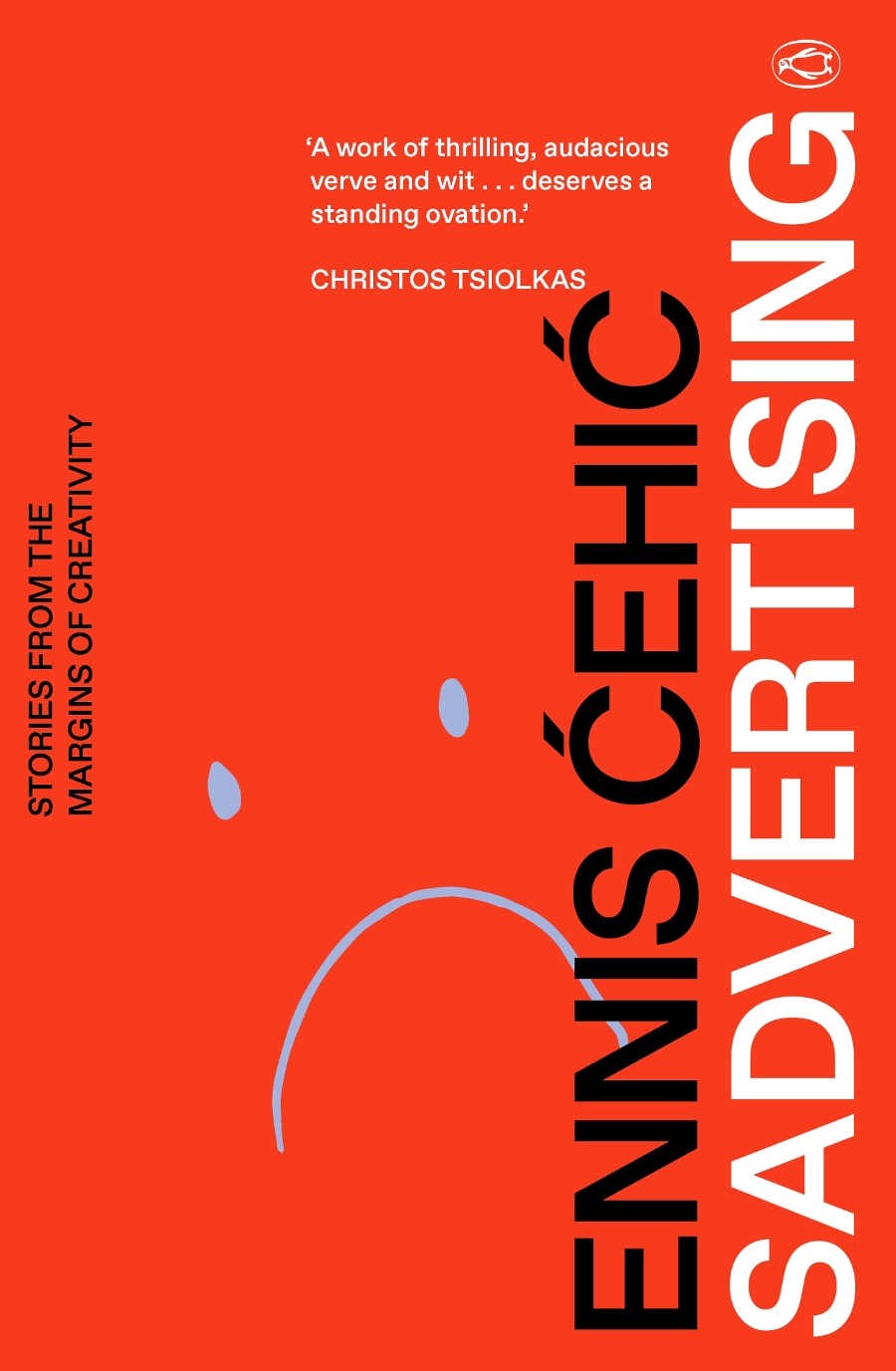
HAPPY: In terms of the stories that you do tell in Sadvertising, were they inspired by ideas, images, questions that you had about the world? Where did they begin and how did you form them into narratives?
ENNIS: Well, the genesis of it was, surprisingly, the frustrations of working in an office.
HAPPY: We’ve all been there! [both laugh]
ENNIS: Yeah, I’ve worked in the advertising industry for the last 14 years. And there was this moment, I think it was in 2017, where I was working really long hours ’til 3-4am, trying to launch this massive website for the agency.
HAPPY: Wow, that’s intense.
ENNIS: And the thing was, I really wanted to get this project done because I’d worked on it for about a year. At that moment, I felt like I needed an escape. So I began to write these stories where I was trying to take away those precious beliefs of the people around me, in a way. It’d be things like, “what would happen to my UX designer if he didn’t have any empathy?” [laughs] “What would happen if he actually lost his imagination?”
I started thinking about really stupid, silly situations and then began writing these stories. And it was questions like the ones I talked about earlier, that’s how I started writing Sadvertising. After that, it all just came together.
Though, it is very strange. You learn a lot through your passions and aspirations by always listening to advice, trying to understand how to write something. People usually talk about style, writing 10,000 words a day, things like that. But for me, it was cracking the voice. In the initial moments, at the genesis of Sadvertising, I had this voice in my head — it was sardonic, it was goading the industry, and it was trying to understand itself. [The voice] was even a bit arrogant. It was that voice that managed to retain itself, and that’s how the stories came together.
HAPPY: You mentioned your experience working in the advertising industry, and that kind of corporate setting that is ever-present throughout your novel, and its name: Sadvertising. Tell me a bit about why you chose that as the title.
ENNIS: “Sadvertising” is actually a real term in the advertising industry! It’s used to describe a type of advertising that is really emotional; advertising that makes you cry.
HAPPY: Oh, amazing.
ENNIS: I’m not sure when the phrase emerged in the industry, but it was the type of advertising that was used to sell insurance through the image of a young child, playing catch with his parents. An advertisement that you come out of and are like: “Oh my god! I need to buy insurance!” [laughs] It struck the right chord when I was writing the book, and I thought: that’s it. There’s nothing else!
HAPPY: I find that so fascinating. I studied Marketing and have no recollection of coming across that word, but that’s probably just me! [both laugh]
ENNIS: I studied Marketing too! It was after that degree that I studied a Postgraduate Diploma in Creative Writing at the University of Melbourne. So, I feel like I’ve done pretty well with both degrees.
HAPPY: You’ve reached the perfect intersection! I’m curious – what drew you to writing if you’d already studied Marketing before?
ENNIS: Actually, I’d always wanted to study writing. When I was in high school, I had a wonderful teacher who really inspired me to think and write. I was also terrible at Mathematics. Like, my brother became an aerospace engineer, studying Physics, Chemistry, all of that, and I just really hated those subjects.
I was more drawn to studying the English language, and I really wanted to become a journalist. The journalism dream, it’s actually a pretty funny story. Do you know how high schools have those careers counsellors?
HAPPY: Yeah!
ENNIS: So, I went to see the counsellor at my high school, who was really just a scary teacher to be around. [laughs] At this point, I had my heart set on journalism, so when she asked me what I wanted to do after school, that’s what I said. Immediately, she was like “Oh, you don’t want to do that! There are so many people that are losing jobs in journalism these days, digital is taking over that industry.” Basically, she put the fear of God in me.
HAPPY: Oh my god.
ENNIS: Then, she asked me if I had thought about anything else, and I genuinely hadn’t. But — and I swear I’m not kidding — there was a poster behind her that said something like “have you thought about a career in marketing?” So, in response to her question, I just blurted out: marketing. Her response was so enthusiastic that I walked out of that meeting thinking that marketing was the best career in the world. [laughs]
HAPPY: How did writing come back into your life then?
ENNIS: Well, I studied marketing and I really loved it. But as my final elective in that degree, I chose poetry. And by the end of it, poetry was the only subject I had ever gotten a high distinction in at uni. During that time, I also kept writing and started reading a lot of books, immersing myself in them. Once I graduated, that’s when I did my post-grad in writing. But at that time, I was also in my early twenties and I wanted to move out of home, and I thought: “well I have a degree. I should… get a job!” Which is how I ended up in marketing.
HAPPY: Speaking of writing, who are your favourite writers? Not just in terms of the writing of Sadvertising, but those who have influenced you in wanting to write, and your life in general?
ENNIS: There’s a few. I’ve always been inspired by a writer called Knut Hamsun, a Norwegian writer from the 19th century who wrote a book called Hunger. He’s often considered the grandfather of modern fiction. I was heavily inspired by his work, especially in my earlier period of writing. I still find him a reference point that I come back to a lot. Even for my next project, which I’m working on now, he plays a really big part in the construction of the world because he’s very much about the landscapes and wilderness, and the exploration of self through aloneness and a relationship to the land.
That’s something that I haven’t really done. Sadvertising was intentionally without a place. I tried to eliminate a sense of place from the book; there are only a couple of stories that are set in a physical place, whereas most are set in this non-descript corporate office.
Another huge influence is Nam Le, my Next Chapter mentor. His novel, The Boat, was one of the books that really inspired me to want to become a writer. Henry Miller was also a big influence on me for a long, long time. He wrote fiction that really made me feel life around me. The thing is, [favourite writers] always change. Lydia Davis, who I discovered through Nam Le, has become a companion of sorts. I literally carry her around with like a bum bag, it’s weird! [laughs]
Sadvertising is out now, available now via Penguin Random House.

